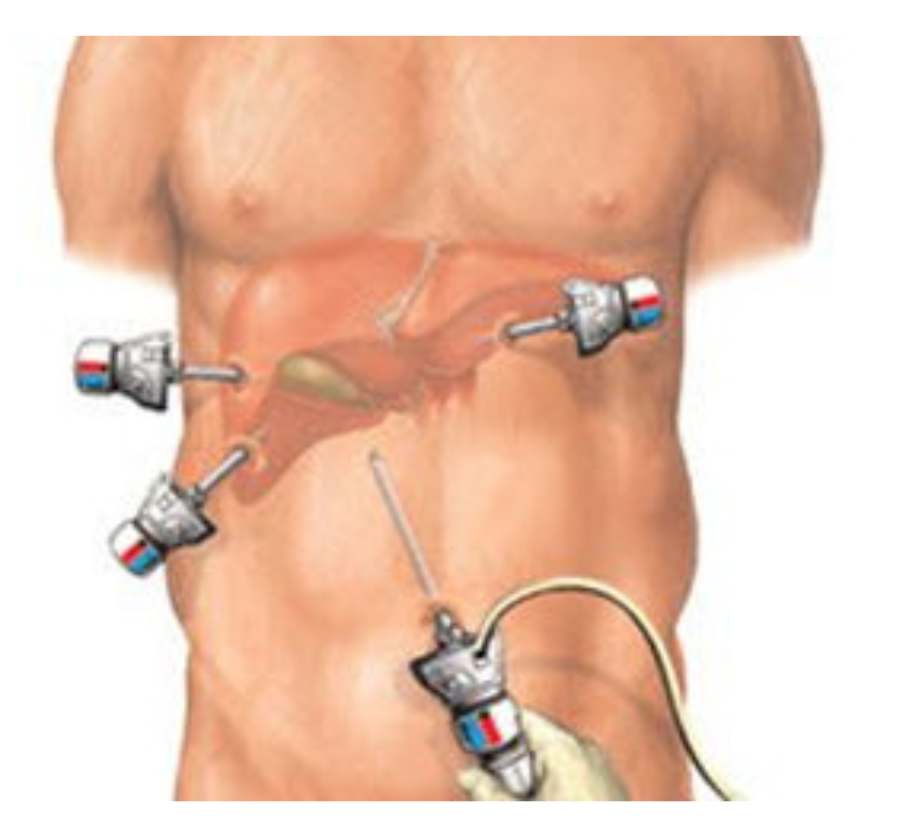
Laparoscopic surgery, often referred to as minimally invasive surgery, is a modern surgical technique used to perform various procedures with smaller incisions than traditional open surgery. This method employs a laparoscope—a long, thin tube with a camera and light—to visualize the internal organs and conduct the surgery. Its primary purpose is to diagnose and treat various conditions within the abdomen and pelvis, offering numerous advantages over conventional open surgeries.
Purpose of Laparoscopic Surgery
The purpose of Laparoscopic surgery is to address a wide range of medical issues, from diagnostic procedures to complex surgeries. This approach allows surgeons to perform gallbladder removal, appendectomies, hernia repairs, hysterectomies, and even weight-loss surgeries like gastric bypass or sleeve gastrectomy. The laparoscope provides high-definition images of the targeted area, enabling surgeons to navigate and operate with precision.
Laparoscopic Surgery: Is it Painful?
One of the common questions people have is whether Laparoscopic surgery is painful. Unlike traditional open surgery, laparoscopic procedures involve smaller incisions, resulting in less trauma to the body. Patients often experience reduced pain and discomfort during the recovery process. However, as with any surgery, some level of discomfort is expected, which can be managed with medications prescribed by the doctor.
Benefits of Laparoscopic Surgery
The benefits of Laparoscopic surgery are plentiful. Its minimally invasive nature leads to quicker recovery times, shorter hospital stays, and reduced scarring. Patients usually experience less bleeding during surgery and a lower risk of infection due to the smaller incisions. Moreover, this technique allows for a faster return to normal activities, making it an attractive option for many patients.
Easy Preparation of Laparoscopic Surgery
Preparation for Laparoscopic surgery involves several steps. Before the surgery, the medical team will provide detailed instructions. Typically, patients are required to fast for a specific period before the procedure. They might also need to stop certain medications that could increase the risk of bleeding. Additionally, a comprehensive discussion with the surgeon and anesthesiologist takes place to address any concerns and ensure a smooth surgery.
It’s important to note that while Laparoscopic surgery may seem costlier than traditional open surgery, the benefits it offers can outweigh the initial expenses. The shorter hospital stay and quicker recovery times often lead to fewer missed workdays, making it more cost-effective in the long run.
For those considering Laparoscopic surgery in Dubai, it’s crucial to consult with medical professionals and gain a comprehensive understanding of the costs involved. Some insurance plans may cover part or all of the expenses, so it’s advisable to check with the insurance provider regarding coverage options.
The Conclusion
In conclusion, Laparoscopic surgery in Dubai offers a modern, less invasive approach to various medical conditions, with several advantages over traditional open surgery. While the costs might vary, the benefits in terms of quicker recovery, minimal scarring, and reduced hospital stays make it an attractive option for many patients. Consultation with experienced medical professionals is crucial to determine the best course of action and understand the costs associated with the procedure.